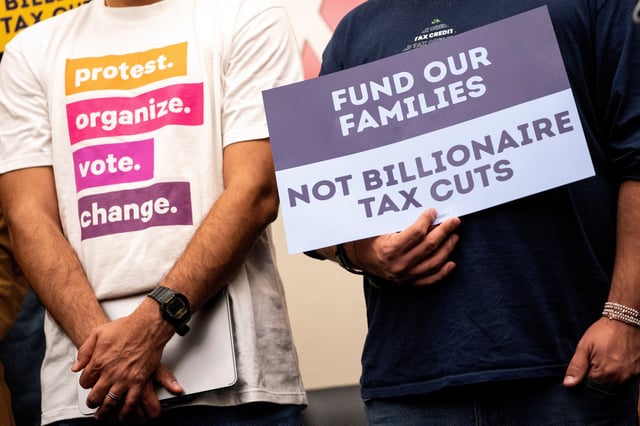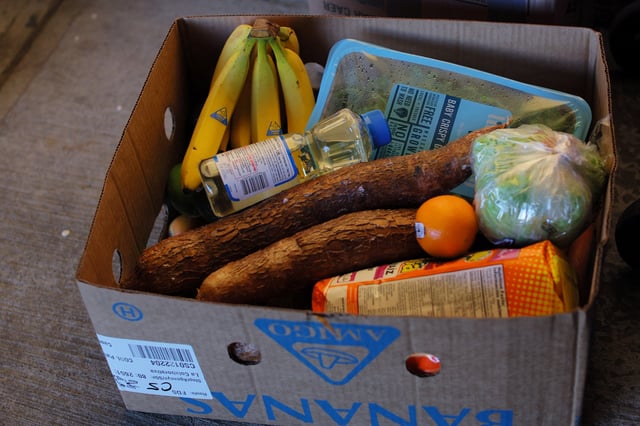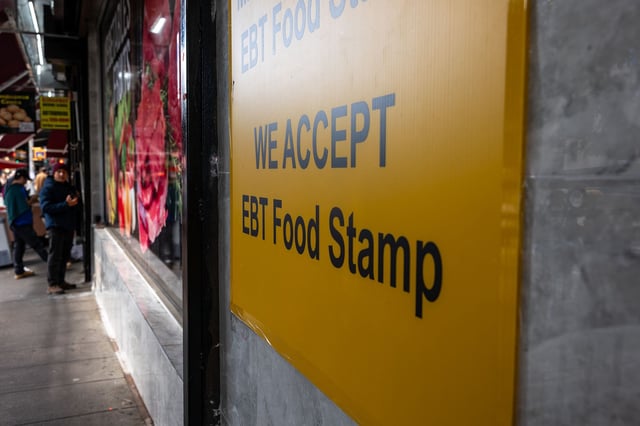Overview
- Senate GOP draft requires only states with payment error rates above 6% to cover 5–15% of SNAP benefit costs starting in fiscal 2028, trimming the House’s blanket 5–25% mandate.
- It retains a shift of 75% of SNAP administrative expenses to states beginning in fiscal 2027, intensifying budget pressures at the state level.
- Committee leaders project $144 billion in net savings and include tighter work requirements for adults up to age 64 alongside a cap on future benefit inflation that CBO estimates could reduce average monthly aid by about $15 by 2034.
- Senators such as Jim Justice have cautioned that deep cuts could strip benefits from millions, overburden state finances, and provoke political backlash in vulnerable districts.
- Negotiations continue over amendment thresholds and vote margins as lawmakers aim for a final Senate decision on the “One Big Beautiful Bill” before the July 4 deadline.



